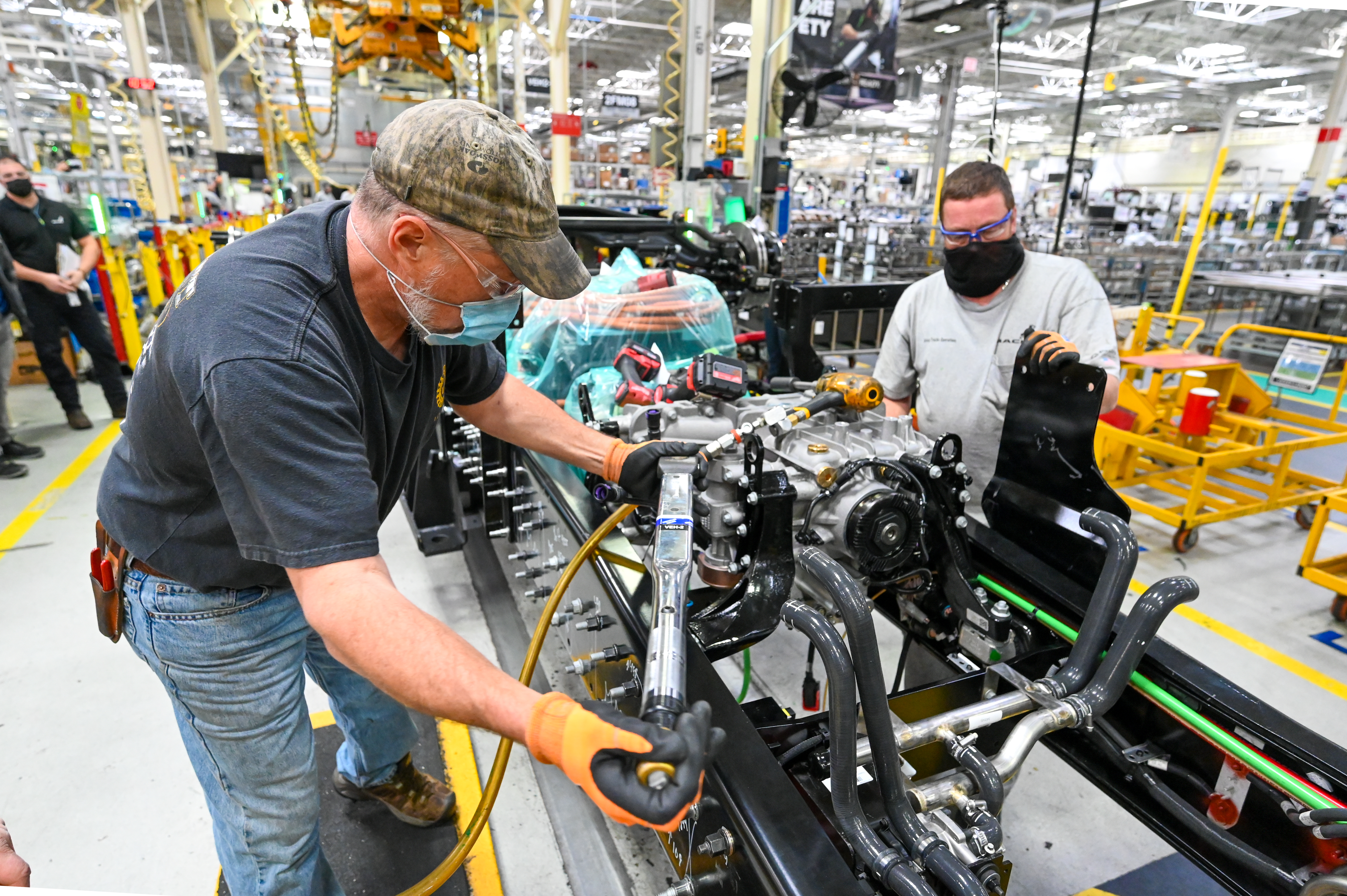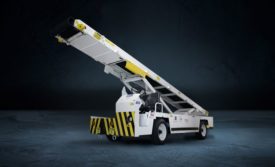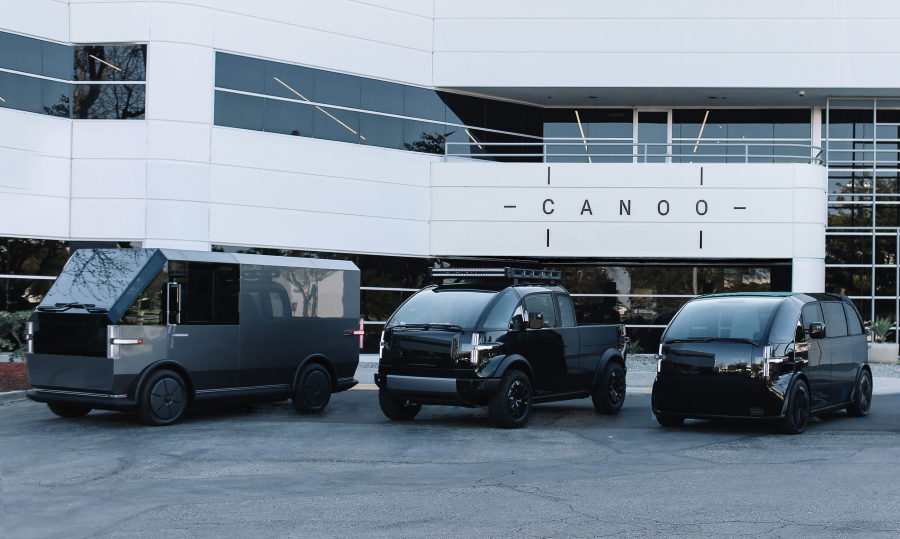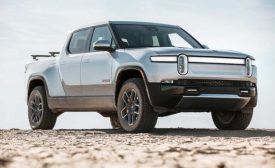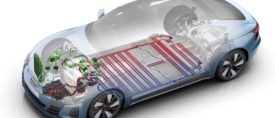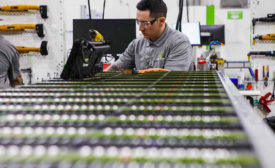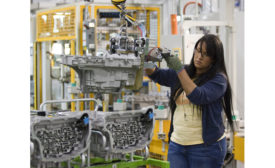Electrification
Gigafactories Help Battery Manufacturers Meet Growing EV Demand
Fast, flexible automation can maximize throughput.
December 23, 2021
Controlling Heat Build Up in EVs
New tools and technology help battery-powered vehicles control heat.
December 20, 2021
Never miss the latest news and trends driving the manufacturing industry
Stay in the know on the latest assembly trends.
JOIN TODAY!Copyright ©2024. All Rights Reserved BNP Media.
Design, CMS, Hosting & Web Development :: ePublishing
